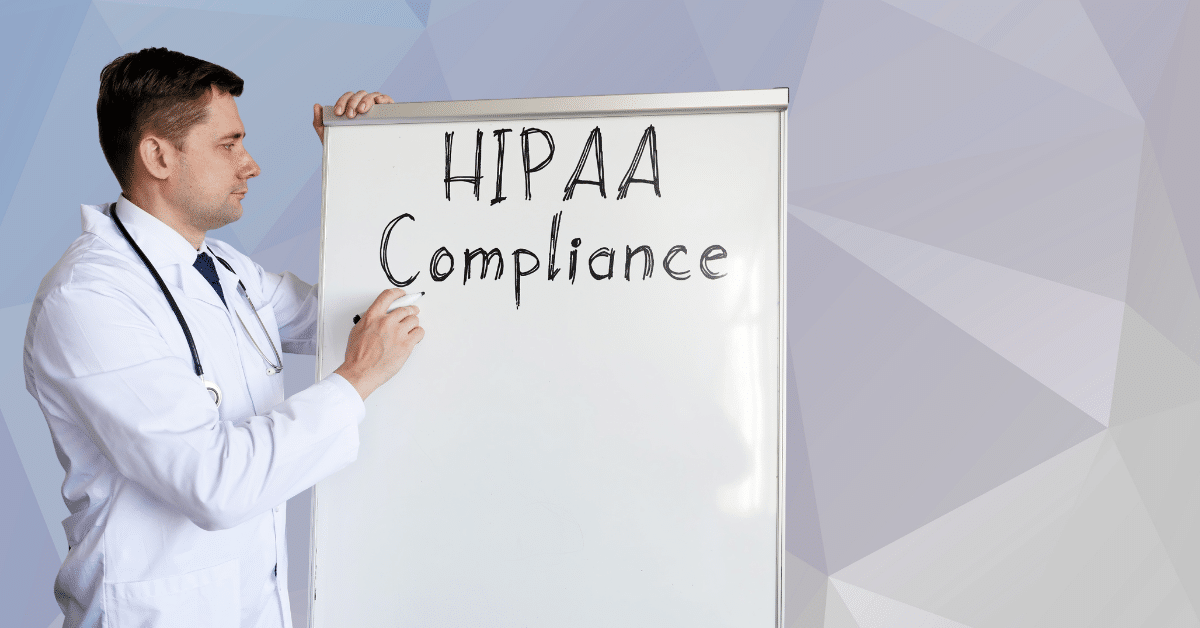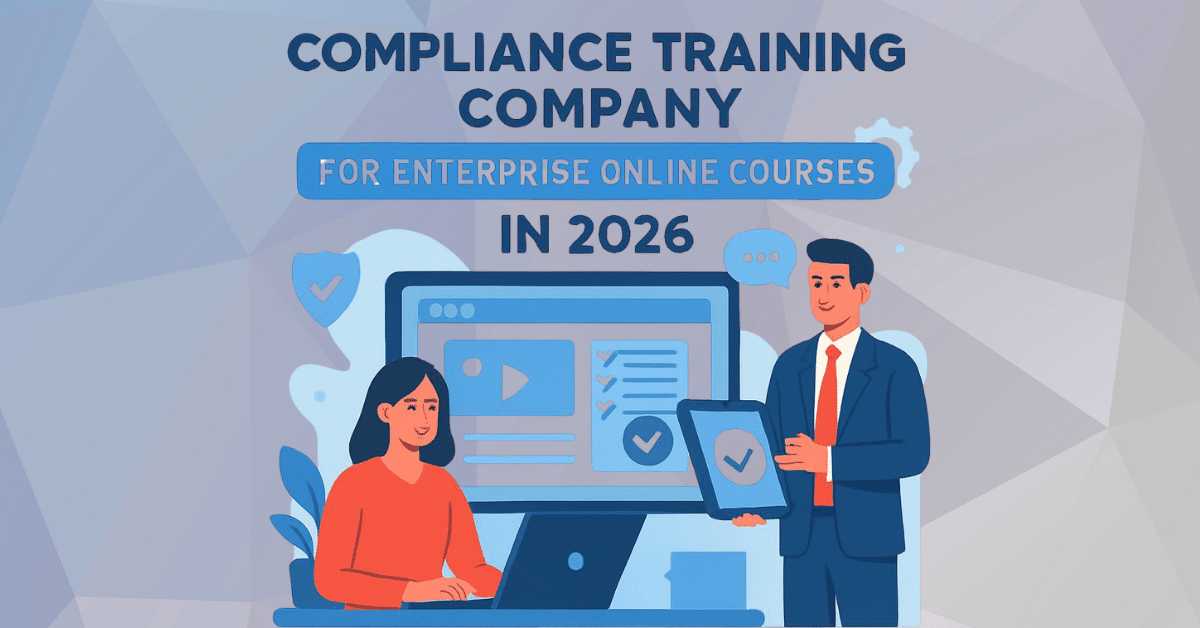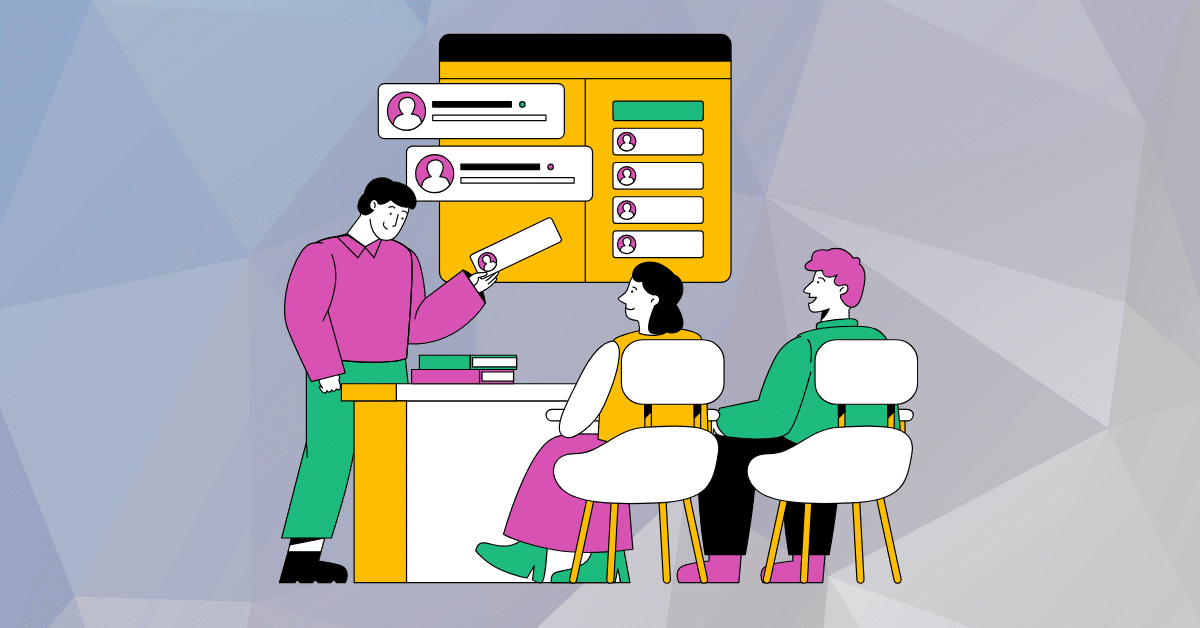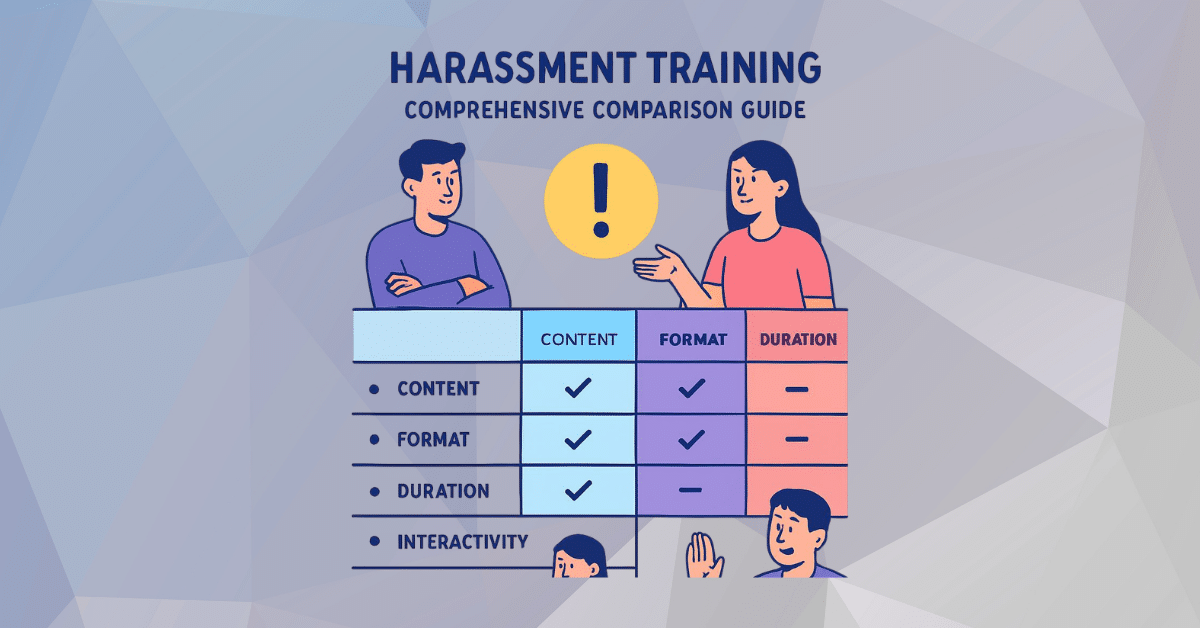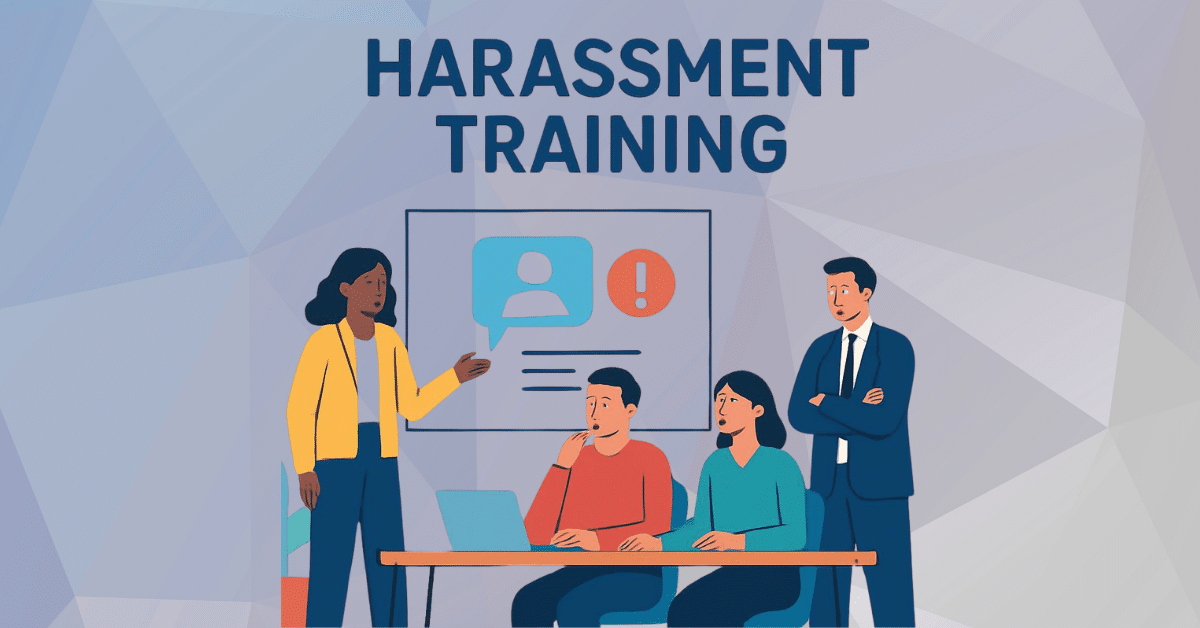HIPAA Compliance and Everyday Challenges in Healthcare
A doctor once shared a story with me that’s a core memory for them. A hospital nurse accidentally discussed a patient’s condition with their fellow nurse in the elevator, only to later realize that a neighbor of the patient was also in the elevator with them. Nobody meant harm, but the aftermath was messy. The family filed a complaint, the hospital got fined, and the staff were shaken.
Had the nurse remembered their HIPAA Compliance training, the disaster should not have happened in the first place. This is a strong reminder that the HIPAA Compliance training isn’t just a box to tick.
The Health Insurance Portability and Accountability Act (HIPAA) protects individuals’ most private information, giving healthcare employees the confidence to focus on their job every day. At its core, HIPAA training is about trust—between patients and the healthcare professionals caring for them.
HIPAA Compliance and the Core Challenge
Healthcare moves fast. Phones buzz, patients need attention, and paperwork piles up. In that rush, privacy rules can feel like one more thing to juggle. Some employees assume it’s only IT’s responsibility. Others think, “I’ve worked here for years—I know what I’m doing.”
The problem? HIPAA rules are detailed and constantly updated. Without proper training, medical staff may inadvertently disclose highly sensitive information. That’s when mistakes often happen—an email sent to the wrong person, a laptop screen left open with charts on display, or a casual hallway conversation that spills highly confidential information. HIPAA Compliance training identifies and mitigates those risks, turning them into teachable moments before they escalate into more significant issues.
HIPAA Compliance and Why It Matters Now
Healthcare has seen significant change and digitalization in just the last decade alone. Patient portals, telehealth appointments, mobile healthcare apps, and digital patient records have become the norm. With those advances come new risks—hackers targeting systems, data being stored in more places, and information traveling faster than ever.
Last year alone, millions of patient records were exposed in data breaches across the U.S. Beyond fines, emotional health and customer service suffered a significant impact as patients felt betrayed. Once trust is gone, they may switch providers, and their stories can spread quickly online.
HIPAA Compliance training shows patients—and employees—that privacy isn’t negotiable. It tells them, “We respect you enough to protect what matters most.”
HIPAA Compliance in the Bigger Picture
HIPAA isn’t just a legal framework; it reflects a cultural promise. People want to know their medical information won’t end up in the wrong hands. A Pew Research study found that most Americans worry about how their health data is used.
For businesses, this means HIPAA Compliance training is more than rule-following. It’s part of building a culture of respect and integrity. When patients see that your staff treat their information carefully, it reassures them they’re in safe hands. And when employees are well-trained, they feel more confident, less anxious, and more professional.
Practical Strategies & Tools for HIPAA Compliance Training
The best HIPAA Compliance training isn’t about long lectures—it’s about making the rules real and relatable. Here’s how to bring it to life:
- Tailor it to roles. A receptionist doesn’t face the same risks as a surgeon. Training should reflect those differences.
- Use real examples. Show what happens when someone leaves a laptop in a car or chats about a patient in public.
- Keep it short. Replace yearly marathons with 15-minute refreshers sprinkled throughout the year.
- Make it interactive. Quizzes, “what would you do?” scenarios, and group discussions stick better than PowerPoint slides.
- Leverage online tools. Digital platforms enable staff to learn at their own pace and track their progress.
When people see how HIPAA applies to their actual workday, the training feels less like theory and more like guidance.
HIPAA Compliance and the Role of Community & Support
HIPAA works best when everyone takes part. It can’t just be HR or IT carrying the load.
- Leaders set the tone. When managers prioritize privacy and policy, staff members follow suit.
- Teams support each other. A coworker reminding another to lock their screen isn’t nagging—it’s teamwork.
- Safe channels matter. Employees need to feel psychologically safe and be able to report mistakes or concerns without fear of punishment or retaliation.
- Cross-department cooperation. From doctors to billing staff, everyone touches patient data. Training should reflect that shared responsibility.
HIPAA Compliance training becomes most powerful when it’s not seen as punishment but as a community standard.
Stories & Examples of HIPAA Compliance in Action
At one hospital, staff used to roll their eyes at HIPAA refreshers. After switching to scenario-based training with short role-play exercises, something shifted. People began to notice risks they hadn’t previously identified, such as how easily conversations could be overheard in shared spaces. Incident reports went down, and patient satisfaction scores went up.
On the other hand, a small clinic ignored updated training for years. An employee emailed patient records using a personal account. That one mistake cost the clinic thousands in fines and nearly sank its reputation. After investing in new HIPAA Compliance training, staff said they finally felt confident handling sensitive data—and the clinic started rebuilding trust.
These stories prove training isn’t about checking boxes. It’s about giving real people tools to succeed.
Sustaining the Change Through HIPAA Compliance
Training only works if it’s ongoing. Think of it like washing your hands—you don’t do it once a year and call it good.
- Build HIPAA Compliance into onboarding so new hires start strong.
- Add quarterly refreshers so rules don’t fade from memory.
- Encourage daily habits, like speaking quietly about patients or logging out of systems.
- Ask employees for feedback on training—what feels helpful, and what feels outdated?
- Celebrate compliance wins, such as teams that achieve 100% completion or employees who exemplify best practices.
Sustaining compliance isn’t about fear. It’s about building rhythms that make privacy second nature.
Takeaway & Call-to-Action
So, why is HIPAA Compliance training important for businesses? Because it protects patients, shields organizations from fines, and—most importantly—builds trust.
If your training feels outdated or disconnected, don’t wait for a complaint or a breach to force change. Start now. Update onboarding, add scenario-based lessons, or establish new methods for staff to ask questions.
When employees are confident and patients feel respected, everyone wins. HIPAA Compliance training isn’t just about rules—it’s about people.

